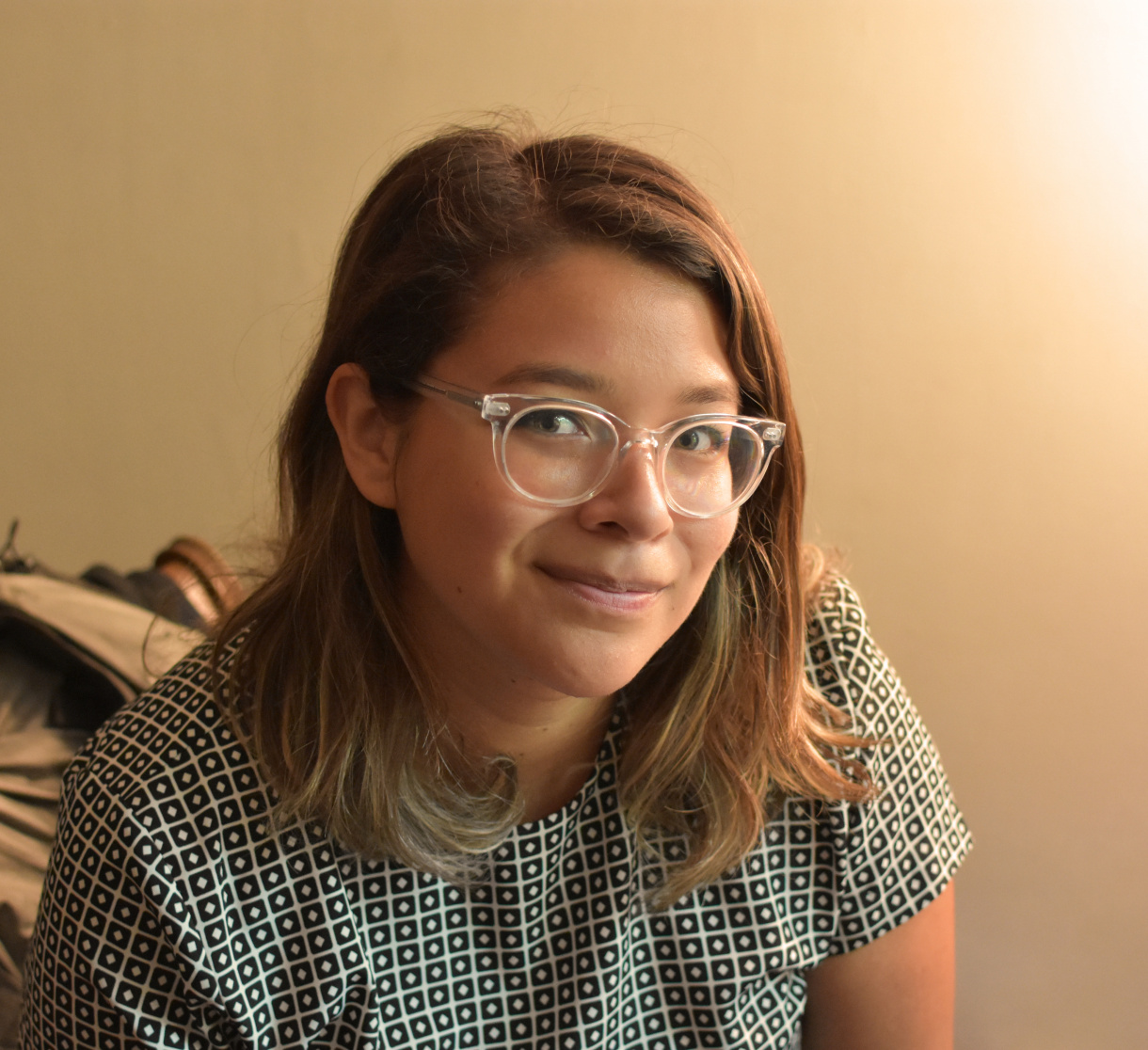Born and raised in North East Los Angeles, Roxana Rodriguez graduated from Williams College in 2017 with a double major in biology and women’s, gender, and sexuality studies and concentrations in both public health and Latina/o studies. At Williams, she interned at both the office of sustainability and the campus resource center for LGBTQIA and students of color. She engaged both groups as a program director for Root, a first-year orientation trip focused on sustainability, social justice, and identity workshops. Her interest in developing intersectional public health programs for under-served communities began while conducting undergraduate research projects focused on health disparities, health-seeking behavior, and adverse health outcomes that are rooted in systems of oppression and inequality. Since graduating she has forayed into the fields of biotechnology, radio broadcasting, and community organizing.
Field placement: Community Food Bank of Southern Arizona
Tucson, Arizona
Policy placement: Food Research & Action Center
Washington, D.C.
Hunger Free Community Report
"Community Organizing in Emergency Food Relief: Adding Justice to Charity" is a resource intended to enable food pantry, soup kitchen, and other direct service providers to explore the concept of community organizing as a part of their strategy. When more organizations can conduct community organizing in a respectful manner and prove the value that it adds to anti-hunger efforts, it creates a space to integrate social change into direct service work.

